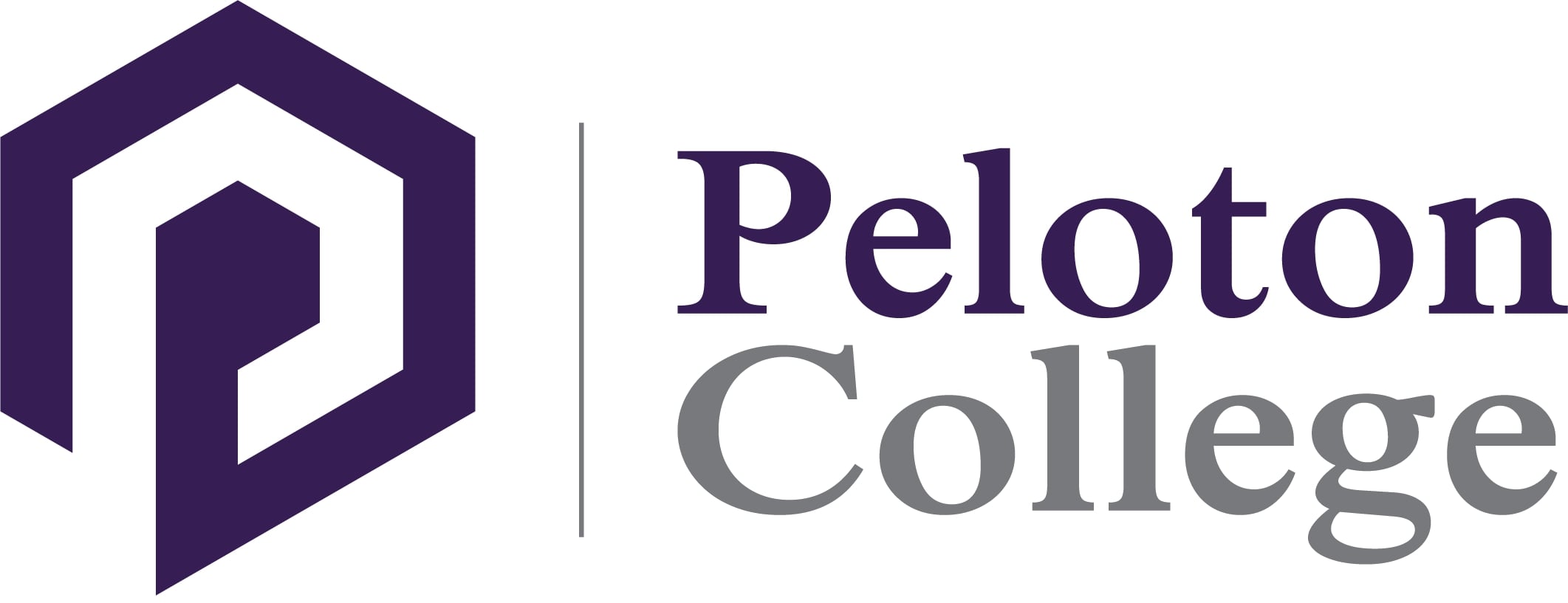How Do I Start Learning Medical Billing?

Healthcare is an exciting field, but being a clinical provider isn’t for everyone. Some medical heroes would rather work behind the scenes, using their aptitude for numbers and organization to help with billing. Americans spend trillions on healthcare annually, so it’s a critical role. If you’re ready for a challenge, a career as a medical billing specialist may be the change you’ve been looking for.
What Does a Medical Biller Do?
Medical billing specialists manage billing and insurance claims in healthcare settings. Their responsibilities include:
Medical Coding
Nearly all healthcare bills in America are paid for by insurance companies, consequently large volumes of information change hands. Medical billing specialists streamline data by assigning short, alphanumeric codes to everything from medical conditions to equipment and supplies, making the process more efficient.
Requesting Insurance Preapprovals
Not all health insurance policies cover the same services. Medical billing specialists work with insurers to verify coverage and ensure requests are reimbursable so that neither patients nor physicians are stuck with a surprise bill.
Troubleshooting Rejected Claims
Some insurance claims are rejected because of coding errors or inadequate information. Medical billing specialists review these denials, correcting mistakes and resubmitting forms so that doctors and hospitals get prompt reimbursement.
Posting Payments
Healthcare reimbursement models are complicated. Bills are adjusted several times based on how many people or insurers are involved. But because each payment impacts what others may owe, transactions must be posted promptly. It’s a juggling act.
How Do I Start Learning Medical Billing?
Some medical billers begin their careers with a 2-year associate or 4-year bachelor’s degree, but you can get a quicker start by enrolling in a vocational school program. Attending full-time, you can earn a diploma in as little as 9 months. Day and evening classes are available to fit every schedule.
What Do I Learn During a Medical Billing Program?
Little experience in healthcare is required to enroll in a vocational school program. Courses cover everything you need to know for success as a medical billing specialist, including:
Medical Terminology
Medical billers research data, so it’s essential to understand common medical words. Vocational school programs teach you how to tackle difficult terms by breaking them down into their parts, prefixes, root words and suffixes. You’ll be able to review surgical reports quickly without pausing to look up every word.
Anatomy and Physiology
Like medical terminology, at least some knowledge of anatomy and physiology is required to understand the information in patients’ charts. The course is basic, covering the major body systems and associated disorders. Upon completion, you will be able to review medical records and code insurance claims with confidence.
Medical Coding
Medical codes are alphanumeric shorthand for every known diagnosis, procedure, and treatment. As a medical billing specialist, you’ll reduce the volume of claims data and make it more trackable by translating it into codes. This course covers the three most common systems, including ICD-10, CPT and HCPCS. Graduates are well-prepared for entry-level positions.
Electronic Health Records
Electronic Health Records (EHR) are digital versions of patient charts. They contain both medical and billing information to help automate provider workflow. This course covers how electronic data is structured, stored, accessed, and shared. You learn how to research, update and correct billing accounts.
Health Insurance and Reimbursement Models
Healthcare funding in the US is complex. In this course, you learn about the revenue cycle and how it impacts medical billing. Topics include public and private insurance plans, contract-adjusted rates, patients’ rights and responsibilities, alternative funding, and collections. Upon completion, you will understand how to apply discounts, payments, and adjustments in proper order to guarantee maximum reimbursement.
Why Enroll in a Diploma Program?
Why continue to do a job that doesn’t gratify you? Especially when vocational school training is affordable and lifestyle friendly. Why not try a role in healthcare as a medical billing specialist? The medical billing diploma program benefits include:
Benefit #1: Practical Education
Diploma programs are short, but the education is comprehensive. By eliminating general electives that don’t contribute to your practical skills as a medical biller, you’ll graduate in months with the skills you need to succeed.
Benefit #2: Marketable Skills
A diploma reflects marketable skills that hiring managers can bank on. It makes you a more valuable team member and may qualify you for positions with greater responsibility.
Benefit #3: A Foundation for Higher Education
No one wants to stay stuck in an entry-level position, but staff with more training will move up first. A diploma qualifies you for certifications that give you a professional edge. Or you can earn while you learn and build on your diploma, taking more courses to complete a degree.
Benefit #4: Career Services
Vocational schools have excellent job placement rates. They work closely with local employers on curricula that meet their needs, so their students are among the first tapped for open positions. With a diploma, you’re never on your own. As a value-added benefit, better institutions offer lifetime career services.
Benefit #5: Confidence
Students often wonder if they’ll be good at their jobs. Vocational school programs help answer that question with opportunities to practice hands-on tasks in real-world simulations. You’ll learn by working on case studies similar to what you’ll encounter in the field. The confidence you’ll build is priceless.
Where Can I Work as a Medical Biller?
Medical billing specialists are in demand in a wide range of medical settings, including:
Hospitals
Working in a hospital, you’ll complete, submit and follow-up on claims, collaborating with patients and the financial management team to ensure prompt reimbursement. It’s a challenging, fast-paced setting with opportunities for advancement.
Private Practices
Physicians hire medical billing specialists to manage insurance reimbursement. But because they offer fewer services, the pace is slower, and tasks are simpler. It’s an ideal environment for new graduates.
Medical Billing Services
Medical billing services are efficient and cost-effective. They handle large volumes of claims from multiple practices and institutions. It’s a busy, business-like environment with no clinical component. You’ll work with clients on the phone and a team of professionals with similar skills. It’s a perfect job if you enjoy crunching numbers.
Health Insurance Companies
There are two sides to every coin. Every insurance claim submitted is reviewed by the company for completeness and accuracy, catching mistakes is a vital part of the role. It’s a good job for detail-oriented graduates who prefer working with peers over patients.
Government and Public Health
Public health authorities rely on medical billing data to analyze disease trends worldwide. Codes from insurance forms are collected and collated, providing a wealth of information about illness in the community. Medical billing specialists employed by the government help public health departments address impending crises and plan interventions. It’s a fascinating job for clinically oriented graduates.
Final Thoughts
Now that you know how to start learning medical billing, it may be time to learn more about Peloton College. While other industries fade, replaced by advancing technology, the healthcare field has a bright future. If you’re ready for a rewarding career in a thriving profession, start learning about becoming a medical billing specialist today.
Want to Learn More?
The Medical Billing and Coding training program at Peloton College provides students vital knowledge in Medical Terminology and Understanding Health Insurance Claims and prepares students to be able to work with and maintain electronic health record systems in the health care industry. Graduates of this Medical Billing and Coding training program will also be eligible to sit for the Certified Electronic Health Records Specialist (CEHRS) Certification or the Certified Billing and Coding Specialist (CBCS) Certification.
The mission of Peloton College is to be the premier provider of hands-on training and education by providing students and graduates with the necessary skills to secure occupational careers. Contact us today to learn more.



